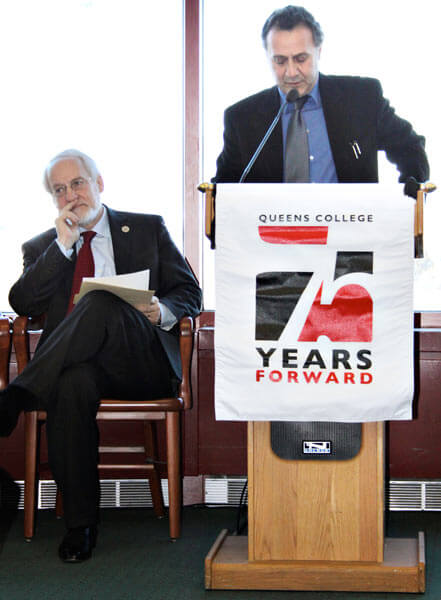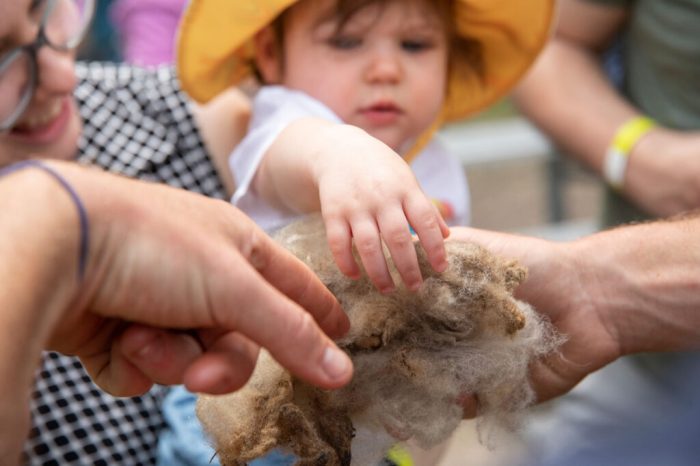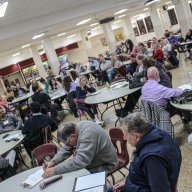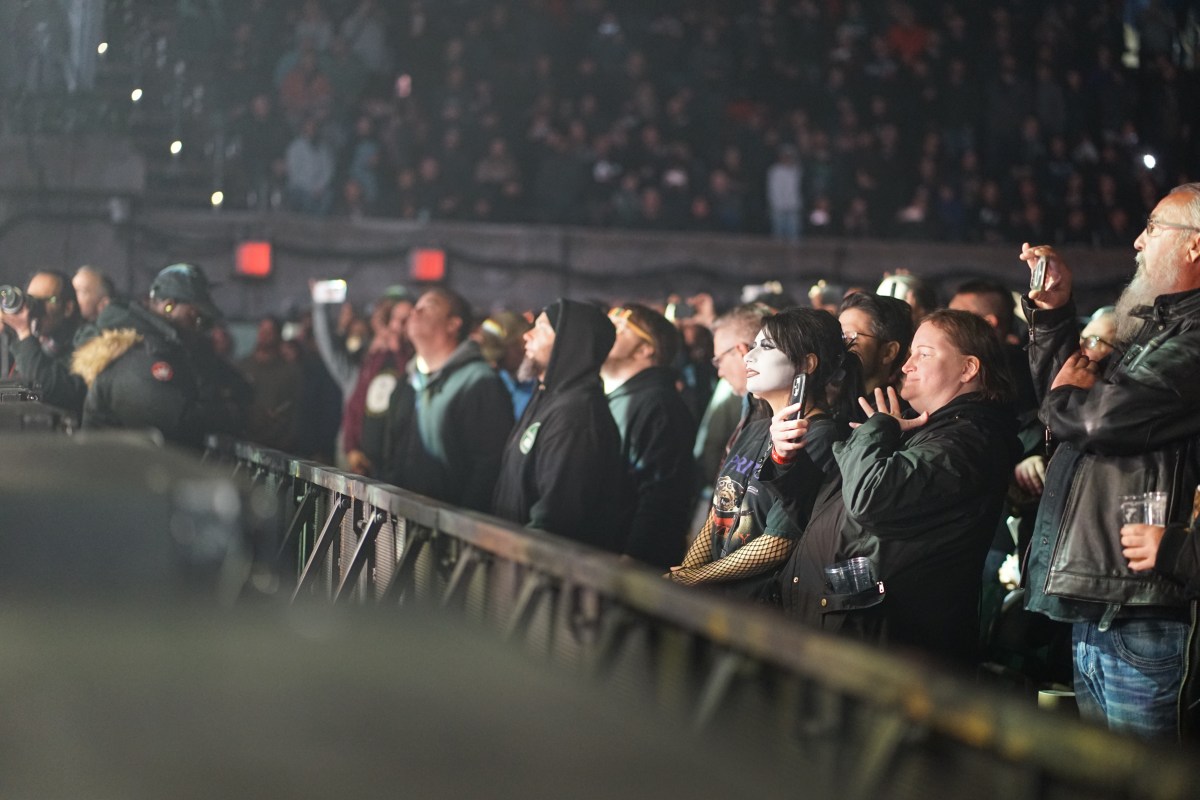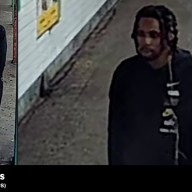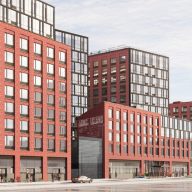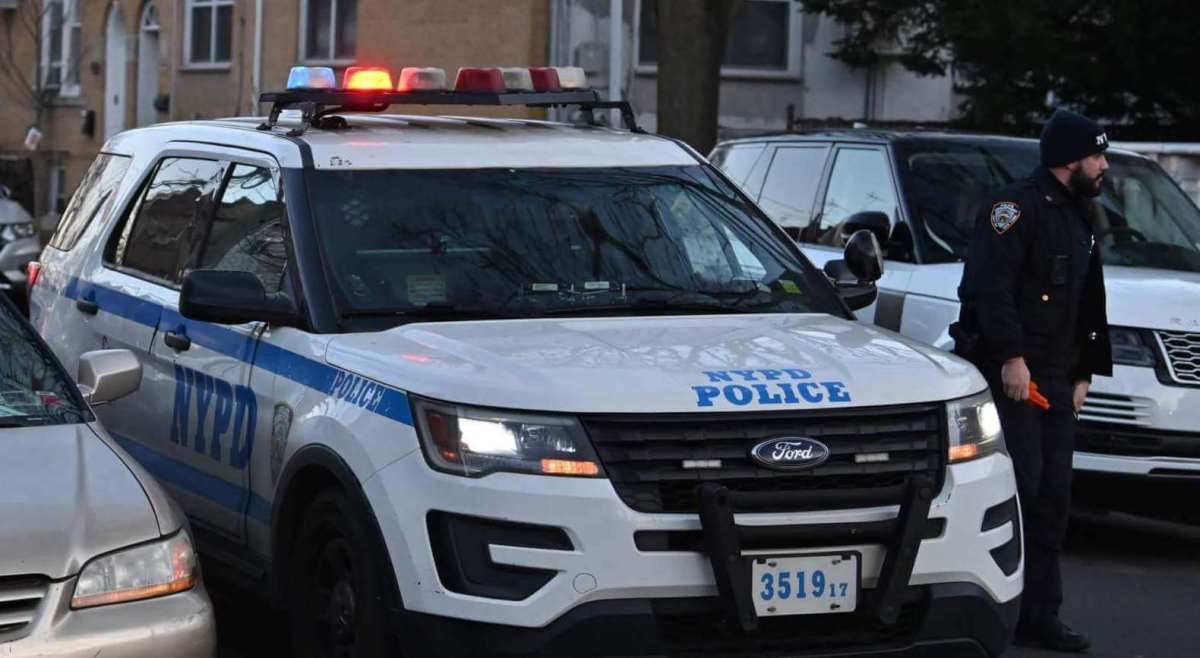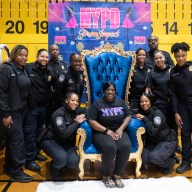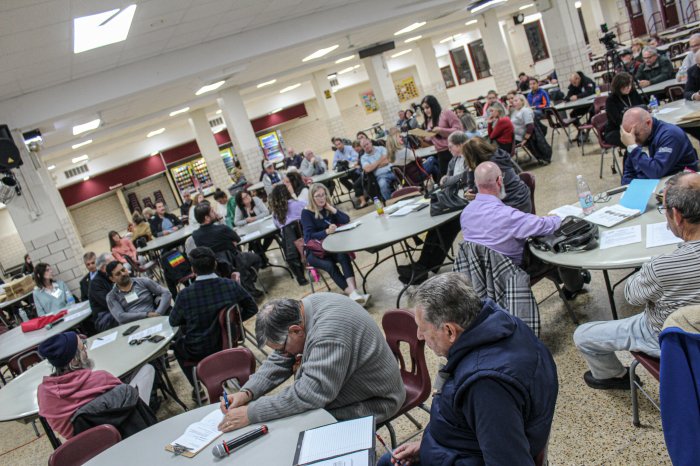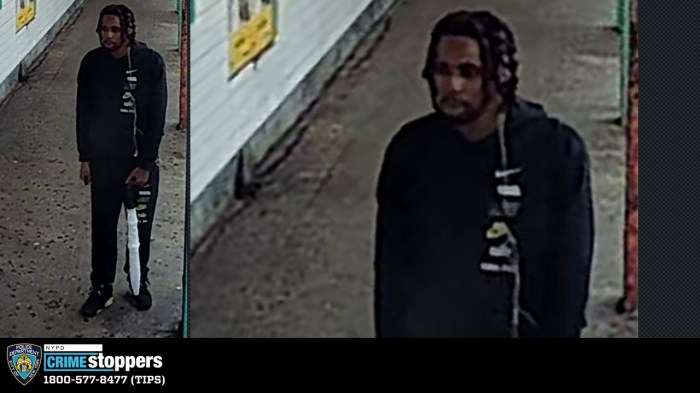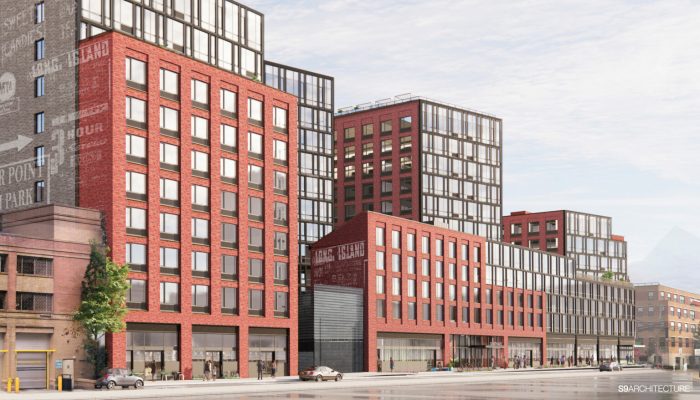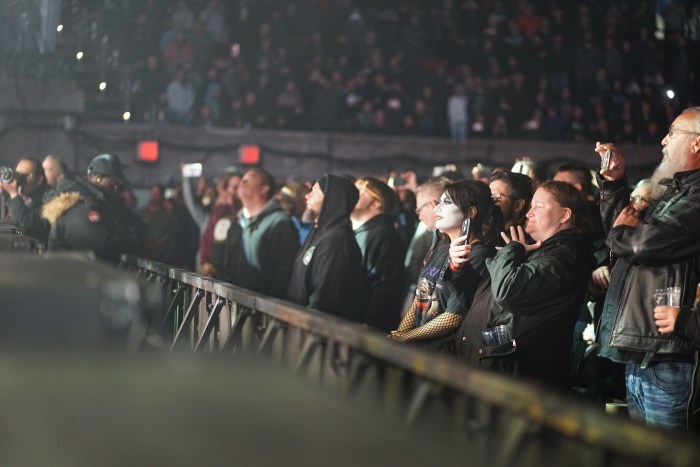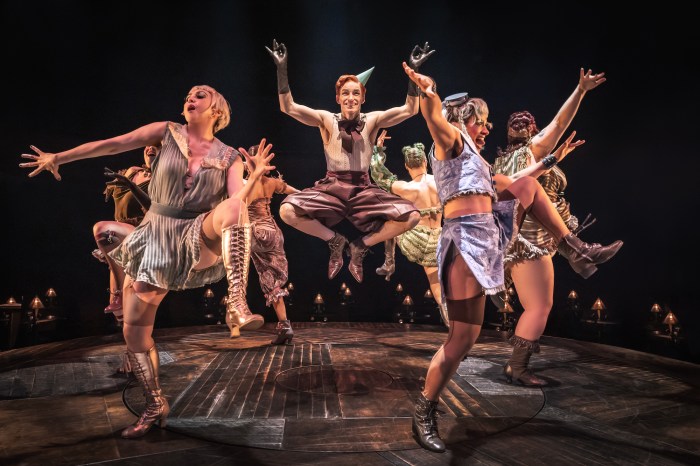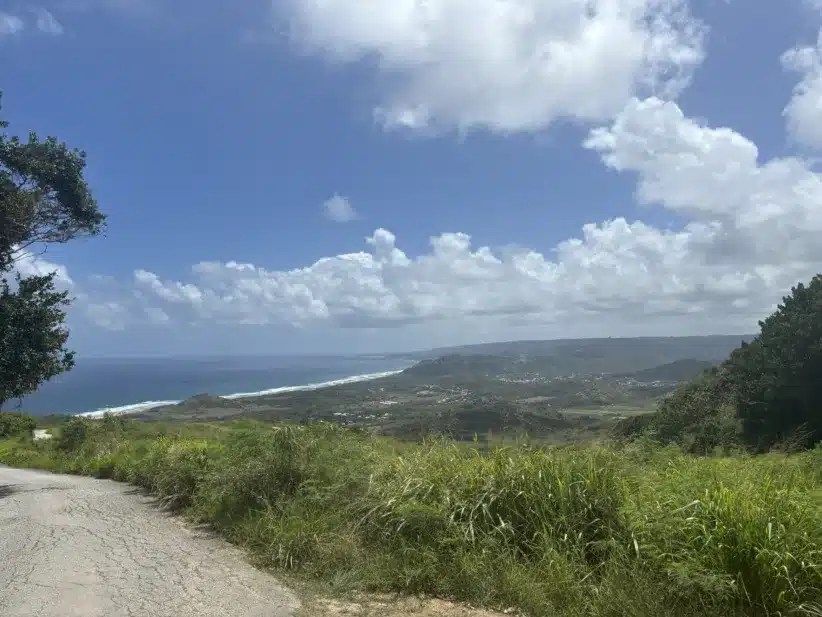By Rebecca Henely
As an institution with a large Greek-American student population in a borough with the largest Greek enclave in New York, Queens College unveiled the first part of an ongoing research project last week that is aimed at filling a gap in the study of the Greek diaspora.
Sociology professor Nicholas Alexiou said at a news conference at the college, at 65-30 Kissena Blvd. in Kew Gardens Hills, that while the largest influx of Greeks to America came during the Great Migration at the beginning of the 20th century, there was a second, smaller wave of people who came between the 1960s and the ’80s that has been largely unresearched.
“I saw the gap in Greek-American studies,” Alexiou said.
The Hellenic-American Oral History Project, which can be viewed online at qc.cuny.edu/greekoralhistory, features 23 filmed interviews with Greek immigrants and American-born Greeks, as well as another page of research with demographics, maps and census data that charts Greek immigration to America.
“I have realized that the informants, the interviewees, are telling a new story in a new way,” Alexiou said.
Queens College has an extensive Greek studies program, with some classes taught in Greek, and the borough is the home to Astoria, one of the biggest Greek enclaves in America.
Panos Adamopoulos, president of the Athenian Society of Astoria and one of the interviewees, said in the period spanning the 1960s to the ’80s, Greeks came to America not to flee hardship at home but because they were more cosmopolitan and immigration was easier.
But they also were less interested in joining local Greek organizations like earlier immigrants.
“I believe a lot of things have been gained, but a lot of things were lost as well,” Adamopoulos said.
Alexiou also spoke about how the Greek-American community has achieved economic mobility. While many still move to Astoria, many are branching out into Whitestone, Bayside and the greater suburbs.
The project was conceived by Alexiou two years ago, with interviews being conducted in the last year, and made possible through a grant from the Stavros Niarchos Foundation.
“I think it’s very, very important and a huge gift to the Greek-American community,” Stelios Vasilakis said about the foundation, which gives grants to a multitude of education, health, social welfare and arts projects in Greece and in the diaspora. “I think it’s very important for the next generation to look back and see what are the experiences of the previous generation.”
Alexiou said the publicly available website is the first step of the project, with the ultimate goal of interpreting the collected data from the interviews and turning the findings into a book.
“I’m really proud of this project,” said Alexia Makrigiannis, a staffer of state Assemblywoman Aravella Simotas (D-Astoria) and a former Queens College student. “It really shows our students here at Queens College what we’re all about.”
Reach reporter Rebecca Henely by e-mail at rhenely@cnglocal.com or by phone at 718-260-4564.

